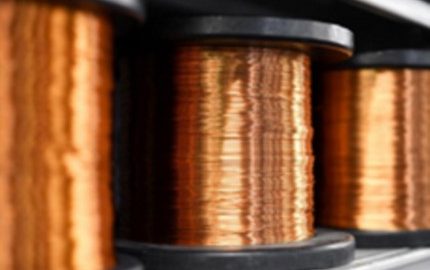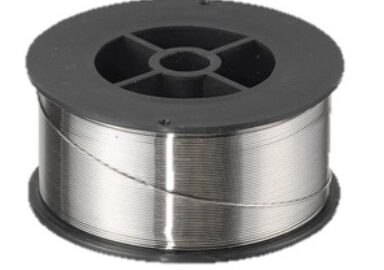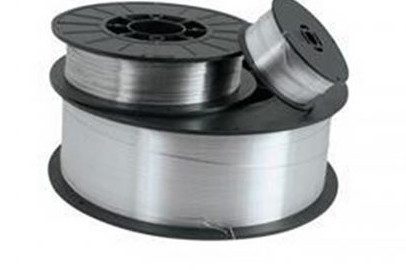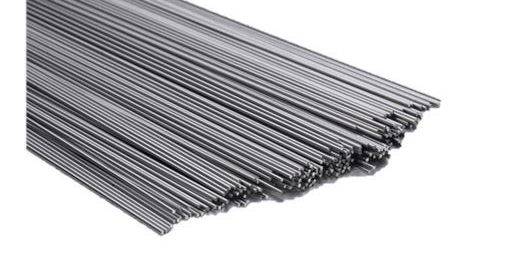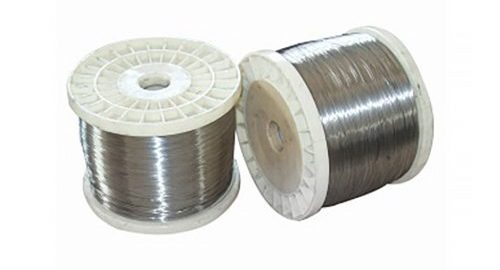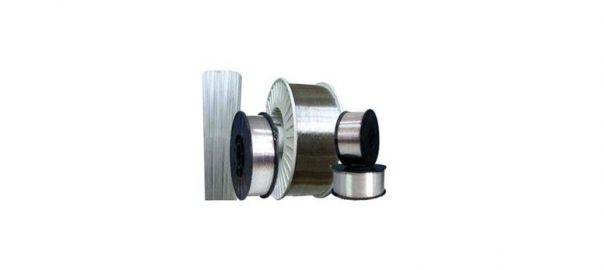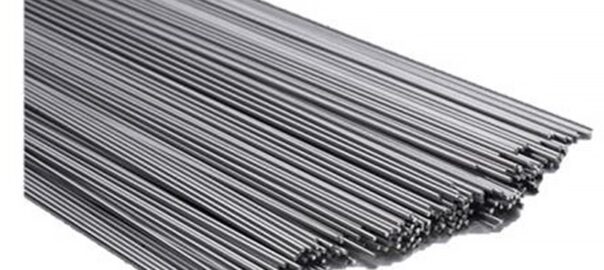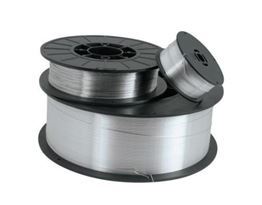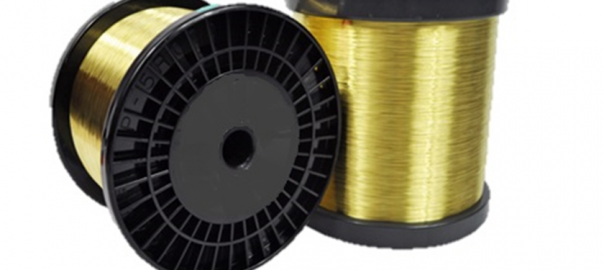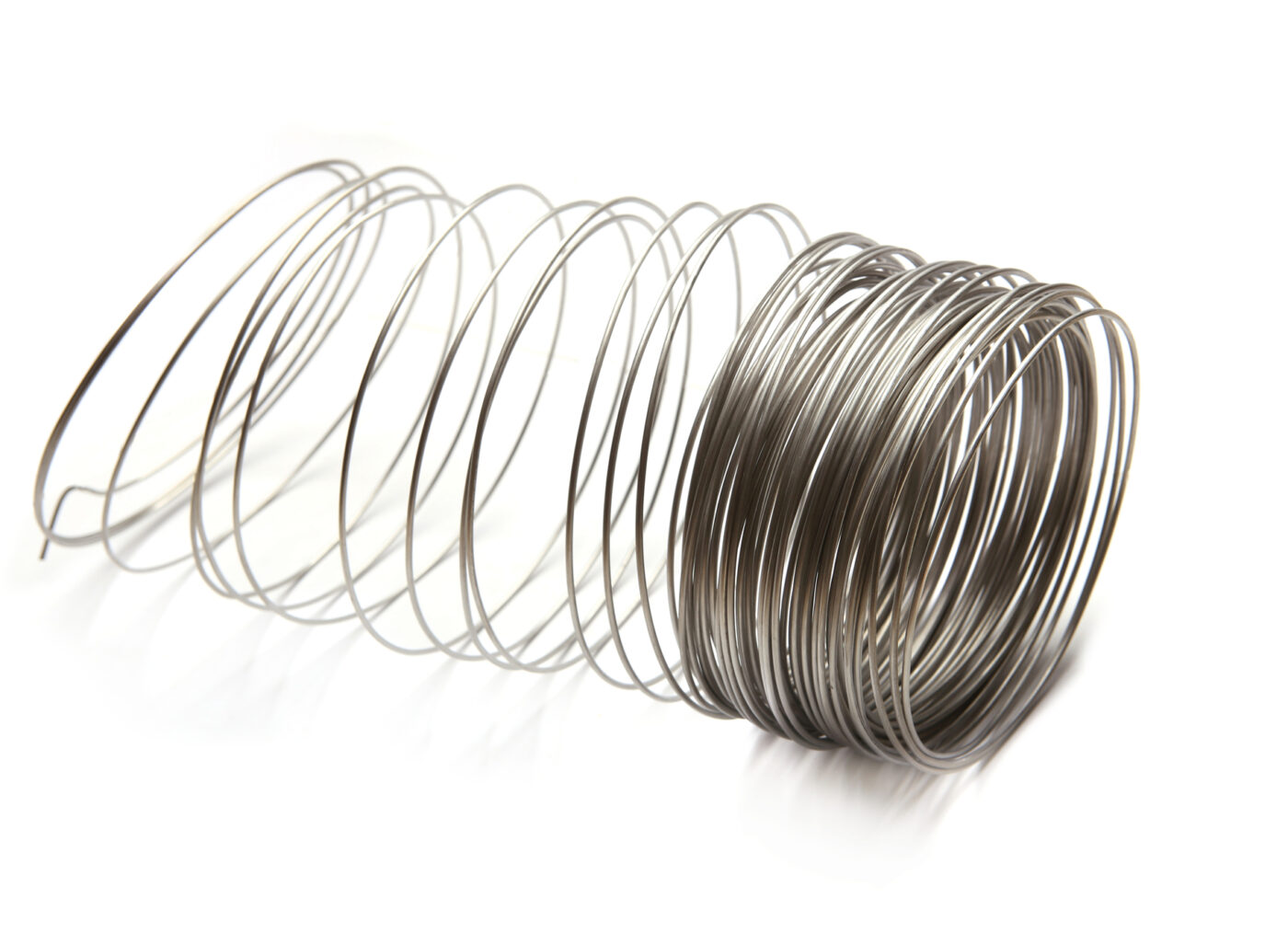
Heat-Resistant Wire Alloys: Applications and Benefits
When it comes to safety-critical applications, the choice of wire alloy is more than just a technical consideration—it’s a matter of ensuring reliability and longevity under challenging conditions. Heat-resistant wire alloys stand out in this regard, offering exceptional performance where ordinary materials would fail. In this blog, we’ll explore the applications and benefits of these specialized wire alloys, which are available in a wide range of configurations at Bob Martin Company.
What Are Heat-Resistant Wire Alloys?
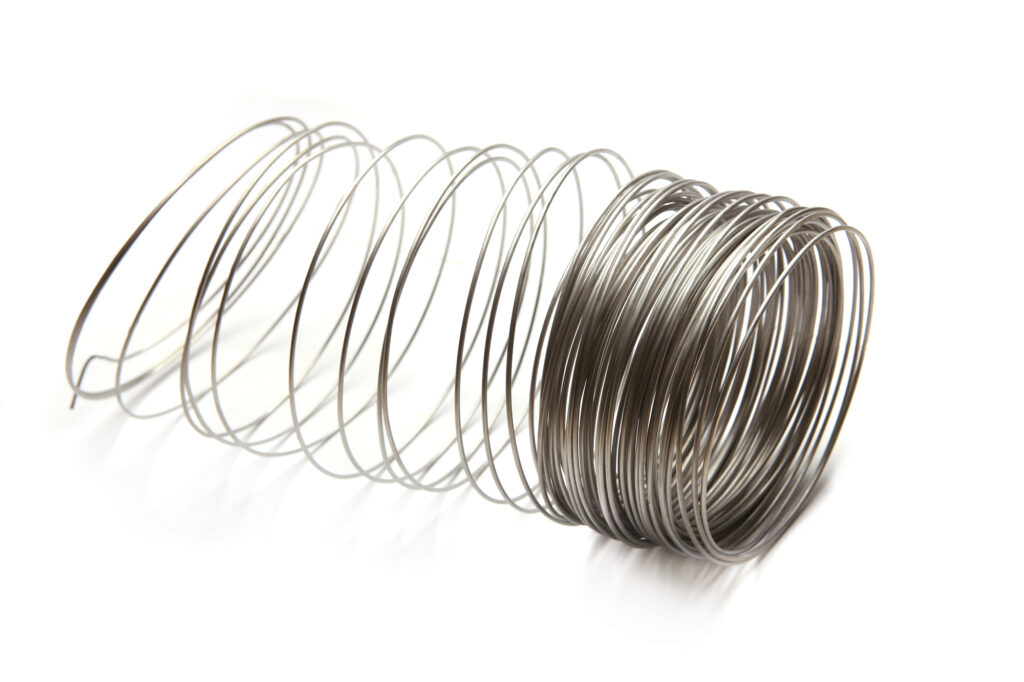
Heat-resistant wire alloys are specially formulated metals that can maintain their strength, durability, and performance even at high temperatures. These alloys are typically composed of elements like nickel, chromium, and iron, which provide the necessary resistance to heat, oxidation, and corrosion.
Applications of Heat-Resistant Wire Alloys
The unique properties of heat-resistant wire alloys make them indispensable in several industries. Here are some of the key applications:
- Aerospace Industry
- In aerospace engineering, components are often subjected to extreme temperatures, especially in engines and turbines. Heat-resistant wire alloys are used in safety wire applications, ensuring that fasteners remain secure even under intense heat. This reliability is crucial for the safety of aircraft, making these alloys an essential material in the aerospace sector.
- Automotive Industry
- High-performance engines and exhaust systems require materials that can withstand prolonged exposure to high temperatures. Heat-resistant wires are used in sensors, electrical systems, and other components that need to function reliably in these conditions. Their ability to resist oxidation and thermal degradation ensures long-lasting performance.
- Power Generation
- In power plants, particularly those that use fossil fuels or nuclear energy, components can reach extreme temperatures. Heat-resistant wire alloys are used in the construction of heating elements, thermocouples, and safety devices. Their resistance to high-temperature corrosion and mechanical stress is vital for maintaining the efficiency and safety of power generation systems.
- Industrial Furnaces
- Industrial furnaces and kilns operate at temperatures that would melt or degrade ordinary materials. Heat-resistant wire alloys are used in the construction of furnace components, ensuring that they can withstand prolonged exposure to heat without losing their integrity. This makes them ideal for use in industries like metalworking, ceramics, and glass production.
Benefits of Using Heat-Resistant Wire Alloys
The advantages of using heat-resistant wire alloys extend beyond their ability to withstand high temperatures. Here are some of the key benefits:
- Durability and Longevity
- The ability of these alloys to resist thermal degradation and oxidation means they have a longer lifespan compared to standard wire materials. This reduces the need for frequent replacements, saving time and money in maintenance.
- Enhanced Safety
- In safety-critical applications, such as aerospace and automotive systems, the reliability of heat-resistant wire alloys can prevent catastrophic failures. Their ability to maintain strength and integrity under extreme conditions ensures that systems remain secure and operational.
- Corrosion Resistance
- Many heat-resistant alloys also offer excellent resistance to corrosion, even in harsh environments. This makes them suitable for use in chemical processing plants, power generation, and other applications where exposure to corrosive substances is a concern.
- Versatility
- Heat-resistant wire alloys are available in a variety of configurations, including different gauges, coatings, and compositions. This versatility allows engineers to select the ideal alloy for their specific application, ensuring optimal performance and reliability.
Choosing the Right Heat-Resistant Wire Alloy
Selecting the appropriate heat-resistant wire alloy depends on the specific requirements of your application. Factors such as operating temperature, environmental conditions, and mechanical stress should all be considered. At Bob Martin Company, we offer a wide range of heat-resistant wire alloys designed to meet the demands of various industries. Our expert team can help you choose the right alloy for your needs, ensuring that your application benefits from the durability and reliability of these specialized materials.
Conclusion
Heat-resistant wire alloys play a critical role in ensuring the safety and performance of systems operating under extreme conditions. From aerospace and automotive industries to power generation and industrial furnaces, these alloys provide the necessary durability, corrosion resistance, and thermal stability. At Bob Martin Company, we are committed to providing high-quality heat-resistant wire alloys that meet the stringent requirements of your industry. Contact us today to learn more about our products and how they can benefit your application.




